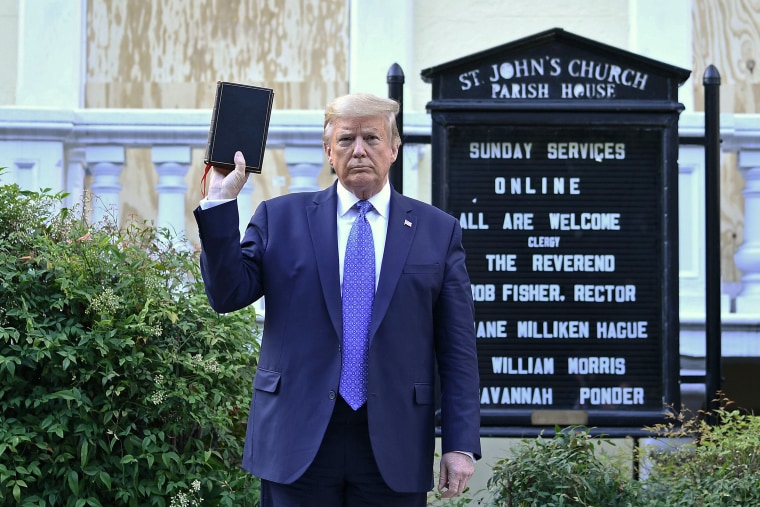The Supreme Court just married church and state. This degrades not just our age-old principles, but also some notions of states' rights.
In a 5-4 decision authored by Chief Justice John Roberts, the court concluded Tuesday that when states create scholarship programs using public funds, they must give money to religious schools whenever they give money to secular schools. This is an expansion of one part of the First Amendment, the Free Exercise Clause, which protects people's ability to exercise their religion free of government interference, at the expense of another part of the First Amendment, the Establishment Clause, which prevents the government from establishing a single state religion.
This is an expansion of one part of the First Amendment, the Free Exercise Clause, at the expense of another part of the First Amendment, the Establishment Clause.
Let's talk about how this all happened. Back in 2015, Montana created a scholarship program. Taxpayers who donated to a state-recognized scholarship fund could receive a tax credit. Parents could then use the scholarship fund to defray tuition costs at both religious and secular schools. So under Montana's program, public funds were used to help pay for religious education. In fact, the majority of private schools in the state are religious.
But the program faced immediate legal challenges. First, the state Department of Revenue concluded that under Montana's Constitution, taxpayer funds could not be used to help cover the cost of tuition at religious schools. Why? Because Montana's Constitution forbids the use of public funds for religious education. This is often known as a "Blaine Amendment," and 37 other states have similar provisions in their state constitutions.
Next, three low-income parents sued, saying that they wanted to use the scholarship funds to send their children to religious schools and that now, because of the Revenue Department's decision, they were being denied a benefit given to others. Essentially, the parents argued that they were being discriminated against, because parents wishing to send their children to secular private schools were still able to use the scholarship program but parents like them hoping to send their children to religious private schools could not. Montana's Supreme Court concluded that there could be no middle ground and that therefore the entire program should be invalidated.
The parents of children wishing to use the then-defunct scholarship program to send their children to private religious schools sued again. This time, they argued that the Blaine Amendment in Montana's Constitution (which prohibits the use of public funds for private religious schools) is itself unconstitutional under the U.S. Constitution. Specifically, they successfully claimed that Montana's Constitution violates the Free Exercise Clause.
And now the U.S. Supreme Court has sided with the parents, calling into question similar provisions in more than three dozen other state constitutions. States could now be strong-armed into providing the same public benefits to secular and religious schools.
This case affects not just Montana; the court made no attempt to explain why similar laws around the country should not similarly be invalidated.
But the Founding Fathers concluded that a strong separation between church and state actually safeguards religion. Our First Amendment is built on twin ideas: People should be able to freely exercise their religion, and the government should be prohibited from creating a state religion. Tuesday, a thin majority of the court grossly enlarged the Free Exercise Clause at the direct expense of the Establishment Clause. When the church is joined with the state, it harms them both. The founders understood this. Five members of the current court do not.


